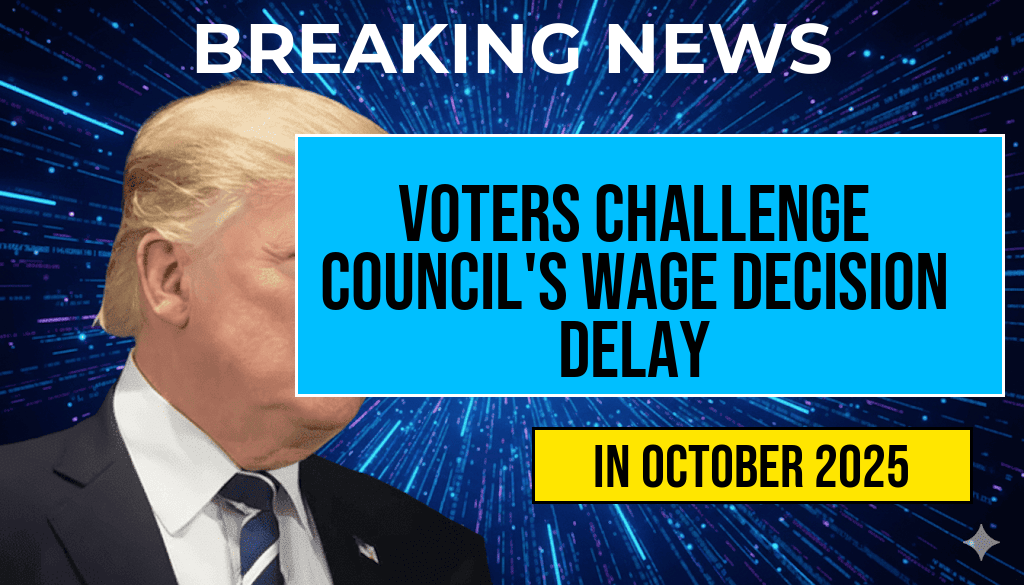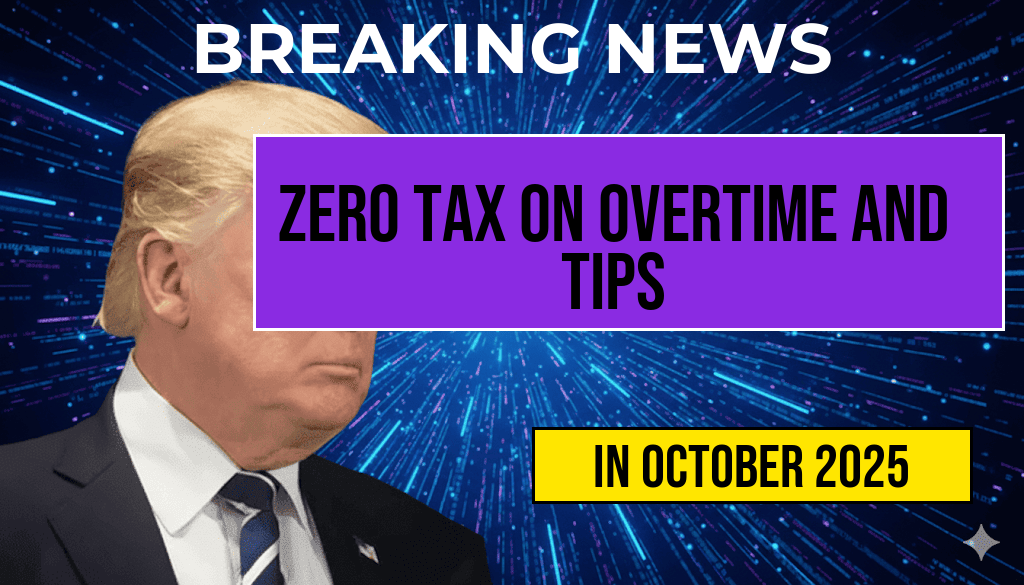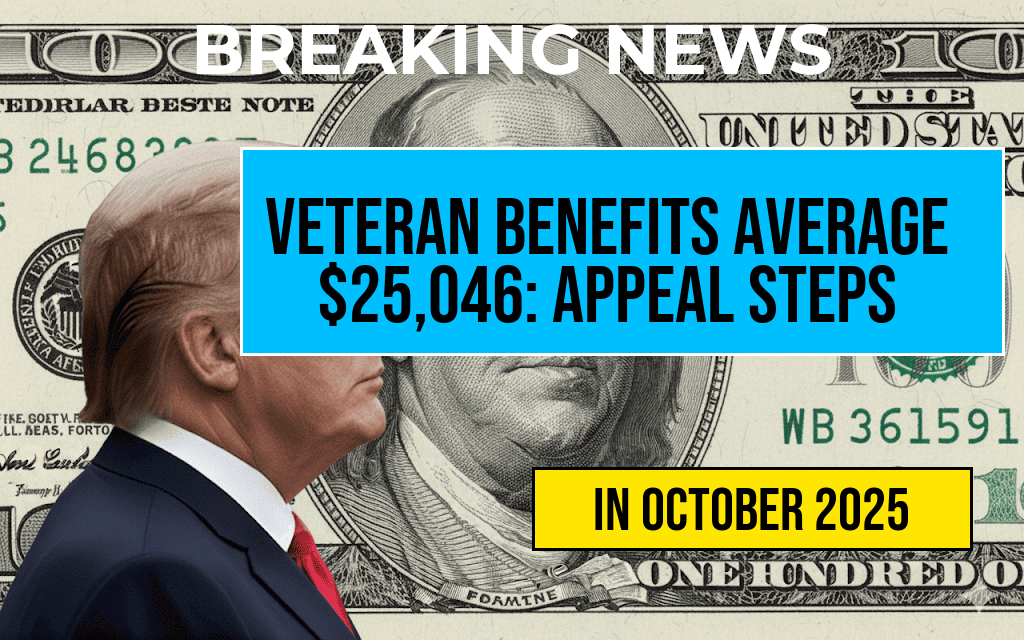In a significant turn of events, local voters have expressed their discontent with the recent decision by the city council to postpone the implementation of tipped wage parity until 2034. This controversial decision impacts the minimum wage for tipped workers, leaving many concerned about the implications for their paychecks and the broader economic landscape. The current minimum wage stands at $10 per hour, a figure that has sparked heated debates among workers, employers, and policymakers alike. Advocates for tipped workers argue that delaying wage parity will exacerbate existing inequalities, while opponents cite concerns about the potential financial burden on businesses. As the city grapples with these complex issues, the ramifications of this decision are expected to resonate throughout the community.
Background on Tipped Wage Parity
Tipped wage parity refers to the alignment of tipped workers’ wages with those of non-tipped employees, ensuring that all workers receive fair compensation for their labor. Currently, many states allow employers to pay tipped workers a lower base wage, with the expectation that tips will supplement their income. Critics argue that this system perpetuates wage disparities, particularly for women and minorities who dominate the tipped workforce. In recent years, several cities and states have moved towards implementing wage parity to create a more equitable labor market.
City Council’s Decision and Community Response
The city council’s decision to delay tipped wage parity until 2034 has triggered significant backlash from constituents. During a recent town hall meeting, numerous voters took to the floor to voice their frustrations, arguing that the delay represents a failure to protect vulnerable workers. “This decision puts the livelihoods of thousands at risk,” stated one local advocate. “We cannot allow this to stand.”
Key Concerns Raised by Voters
- Economic Impact: Many voters are worried that the delay will hinder economic growth, as workers may have less disposable income to spend in local businesses.
- Worker Welfare: Advocates emphasize that tipped workers often struggle to make ends meet, relying heavily on tips to supplement their income.
- Equity Issues: The decision is seen as particularly detrimental to women and people of color, who are disproportionately represented in the tipped workforce.
Analysis of the $10 Minimum Wage
The current minimum wage of $10 per hour is a focal point of the ongoing debate. While advocates argue that it is insufficient to meet the cost of living in many areas, some business owners contend that increasing wages could lead to higher prices for consumers, potentially harming local economies. The Forbes Advisor provides insights into how minimum wage hikes can affect both workers and businesses, highlighting the complexities of wage policy.
Comparative Analysis of Wage Policies
| State | Minimum Wage | Tipped Wage |
|---|---|---|
| California | $15.50 | $15.50 |
| New York | $15.00 | $15.00 |
| Florida | $11.00 | $6.98 |
| Texas | $7.25 | $2.13 |
Next Steps for Voters and Workers
As the community processes the council’s decision, many voters are considering their options for mobilization. Organizing campaigns, petitions, and public demonstrations are all strategies being discussed to push for a reassessment of the proposed timeline for tipped wage parity. Local advocacy groups, such as the National Employment Law Project, are also stepping in to provide resources and support for affected workers. With the 2034 deadline now set, the urgency to act has never been greater.
Conclusion: A Call for Action
The decision to delay tipped wage parity until 2034 has left many voters feeling disillusioned and disempowered. As discussions continue, it remains to be seen how this will affect the livelihoods of thousands of workers in the community. Advocates are rallying for change, urging the city council to reconsider its stance and prioritize the welfare of all workers. The fight for fair wages is far from over, and the coming months will be crucial in determining the future of wage policy in the city.
Frequently Asked Questions
What is the main issue being challenged by voters regarding the council’s decision?
Voters are challenging the council’s decision to delay tipped wage parity until 2034, which affects how tips are calculated in relation to the minimum wage.
How does the $10 minimum wage impact employees’ paychecks?
The $10 minimum wage sets a baseline for hourly earnings, but without tipped wage parity, employees in the service industry may not see significant increases in their overall paychecks.
What are the implications of delaying tipped wage parity?
Delaying tipped wage parity means that workers relying on tips may continue to earn less than their counterparts in other industries, potentially leading to wage disparities and financial instability.
Why is tipped wage parity important for service industry workers?
Tipped wage parity is important because it ensures that service industry workers receive fair compensation that matches their contributions, promoting equity and financial security.
What can voters do in response to the council’s decision?
Voters can advocate for change by participating in local meetings, signing petitions, and supporting initiatives aimed at reversing the council’s decision on tipped wage parity.








